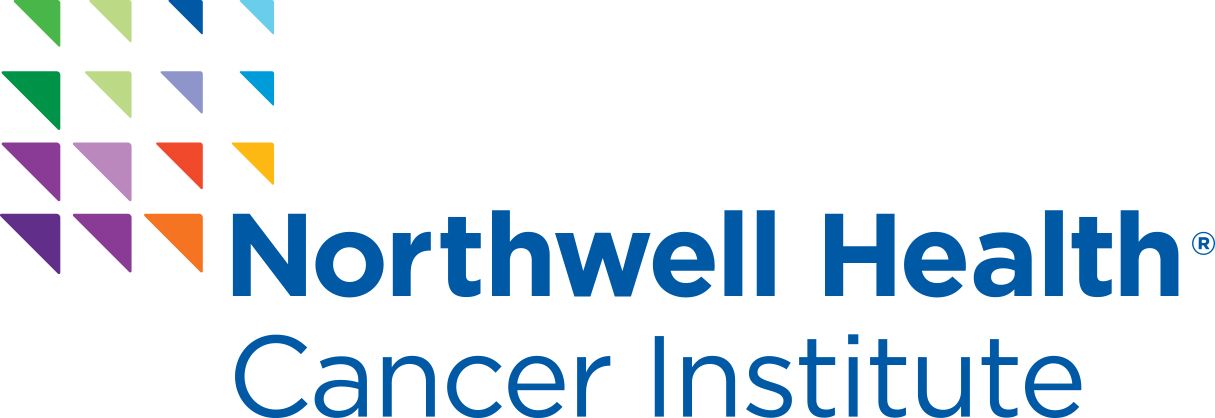
Dr. King on Delays in Access to Germline Testing in Pancreatic Cancer

Daniel King, MD, PhD, discusses socioeconomic disparities causing delays in germline genetic testing for patients with pancreatic cancer.
Daniel King, MD, PhD, assistant professor, Institute of Cancer Research, Feinstein Institutes for Medical Research, Northwell Health, assistant professor, Department of Internal Medicine, Donald and Barbara Zucker School of Medicine at Hofstra/Northwell Health, discusses socioeconomic disparities causing delays in germline genetic testing for patients with pancreatic cancer.
At Northwell Health, only 36% of patients with pancreatic adenocarcinoma obtained germline genetic testing, despite ASCO guidelines recommending germline testing for patients diagnosed with the disease, as well as first-degree relatives. Barriers to germline genetic testing may be related to several socioeconomic factors, King says.
King and colleagues completed a large-chart review at Northwell Health, gathering data on patients with pancreatic adenocarcinoma to examine information on location, race, ethnicity, insurance, primary language, and social work. The study identified 305 patients with pancreatic adenocarcinoma from between March 2016 to February 2022, and mutation reports were available for 103 patients. Investigators also looked at the time difference between when patients were diagnosed and when germline testing was conducted, King says.
Findings presented at the 2023 Gastrointestinal Cancers Symposium showed that there was a significant disparity when comparing the time needed to conduct germline testing. Patients who were African American or were of lower socioeconomic classes experienced a much longer delay in germline testing. The investigation also identified other associations with delay in germline testing, including high social work needs, the need for transportation, and patients with less social contact. Although investigators attempted to explore other factors that could explain these disparities, it was difficult to identify causative effects, King notes.
These disparities are important to address because results from germline testing can help determine first-line chemotherapy options, King adds. For example, patients with BRCA mutations tend to have improved responses to platinum-based chemotherapy. Detecting this mutation through testing can allow faster delivery of a beneficial treatment option, King continues. Additionally, the results of a patient’s germline testing can have implications for immediate family members, who may require cascade testing, King says.
Identifying causative factors is needed to help close the gap in this disparity, and a multidisciplinary collaboration is needed to help expedite germline testing for patients with pancreatic cancer, King concludes.




































